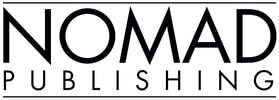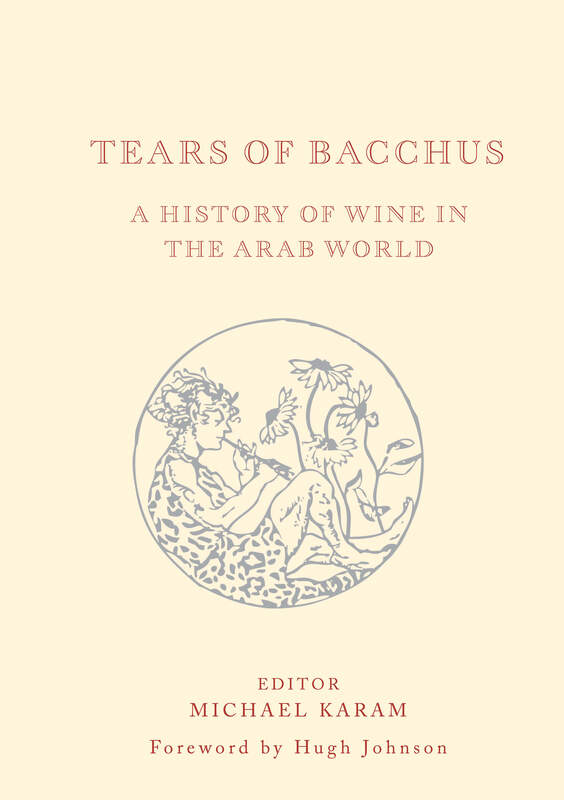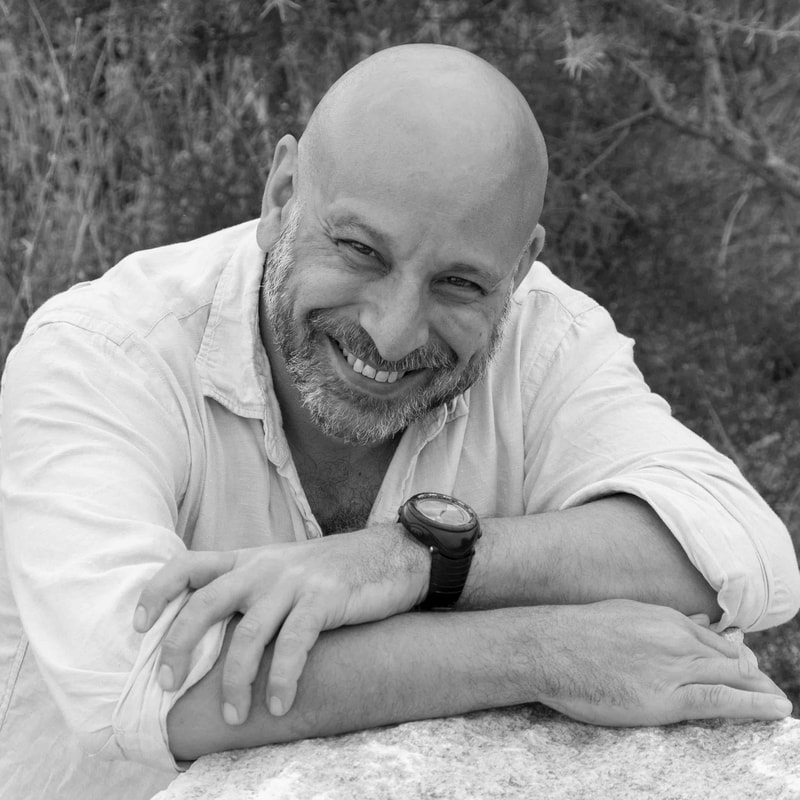|
|
Tears of Bacchus
A History of Wine in the Arab World Ed. Michael Karam with a foreword by Hugh Johnson A history of wine in the Arab World from the dawn of time to the present day
Tears of Bacchus relates the story of wine in the Arab region, essentially Lebanon and Syria, from the dawn of time to the present day in the form of a linear series of essays written in various "voices" - historian, archaeologist, novelist, wine writer, journalist, curator, anthropologist. It charts wine's influence on early civilizations and cultures, religion and mythology, before heading off into the Byzantine, Medieval Ottoman and ultimately the modern era, an age defined by strife and instability. ... from the introduction by Hugh Johnson, OBE: |
About the Author
Michael Karam is Lebanon's preeminent wine writer. His writing has appeared in Decanter, Harper's Wine Weekly, Monocle and The Spectator. He is a contributor to Jancis Robinson's Oxford Companion to Wine and The World Atlas of Wine. He wrote the Lebanon chapter for the award-winning Wine Report between 2003 and 2009. He is the author of Wines of Lebanon, which won the Gourmand Award for Best New World Wine Book, 2005; Arak and Mezze: The Taste of Lebanon, which was shortlisted for the Gourmand Award for Best Food and Travel Book, 2007, and Chateau Ksara: 150 years of wine making 1957-2007. Hugh Johnson, OBE, is a British author and expert on wine. He is considered the world's best-selling wine writer. |



